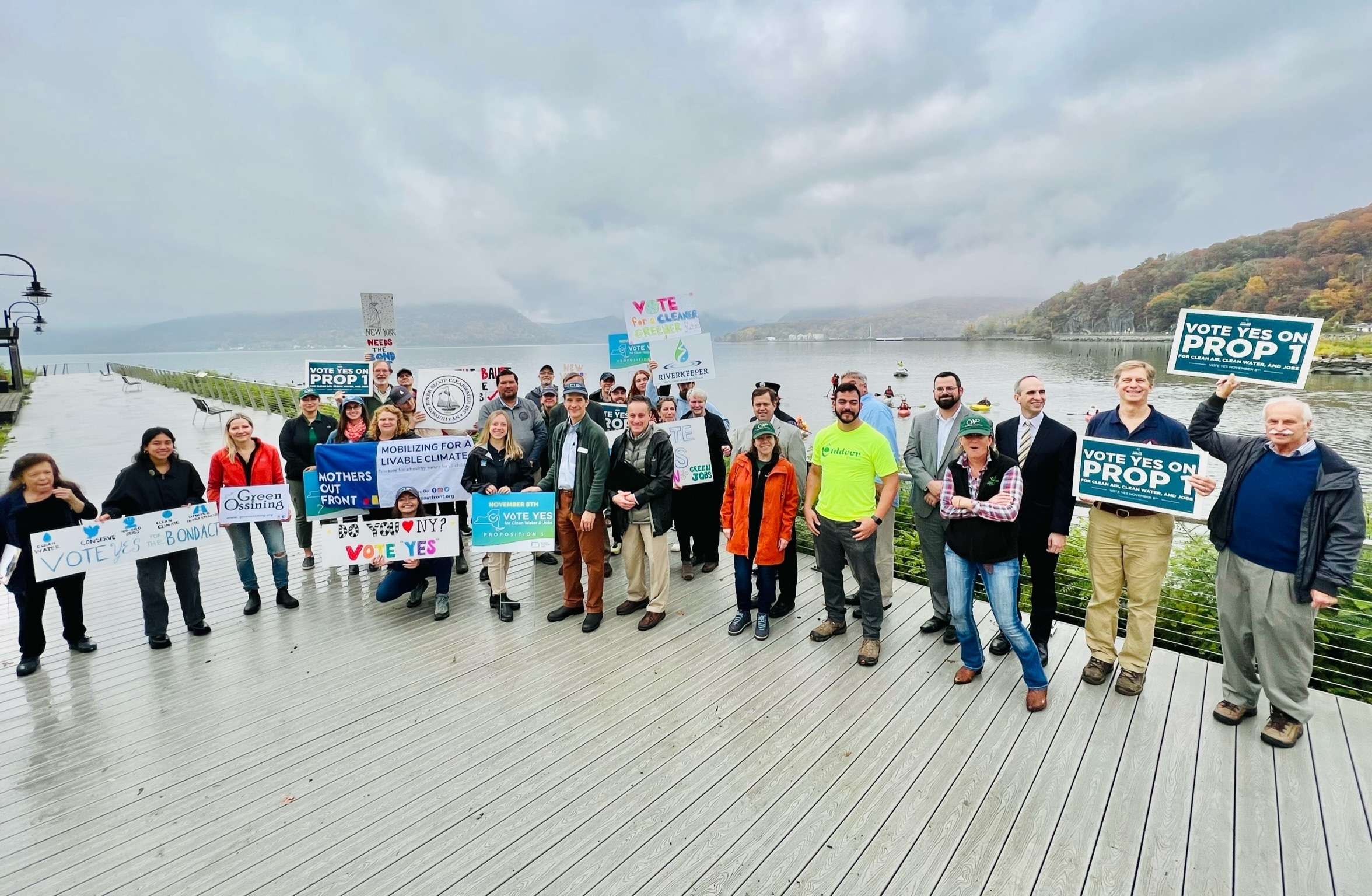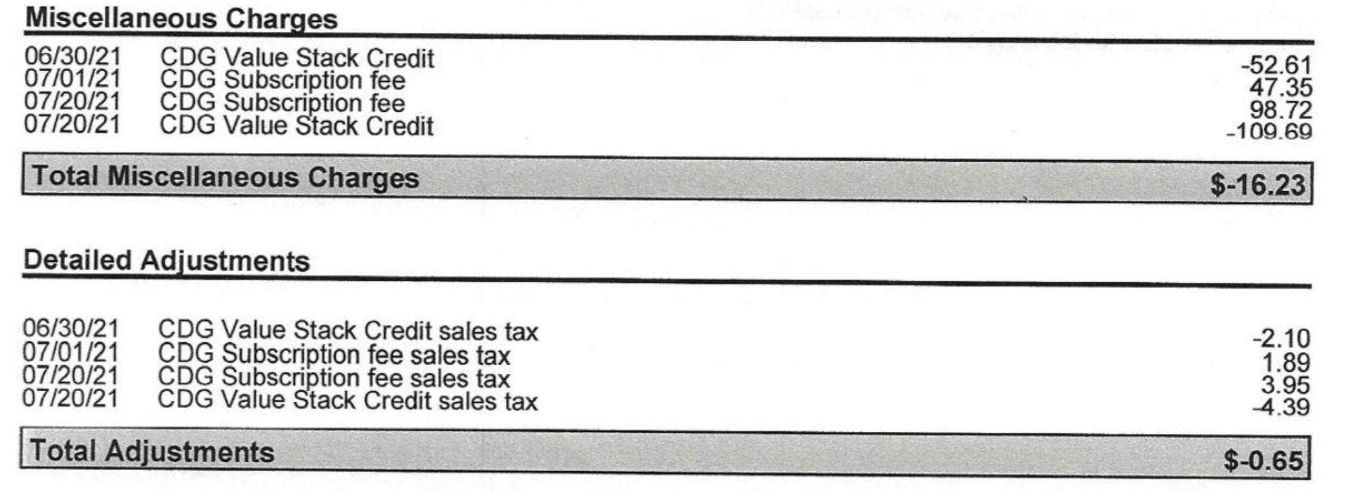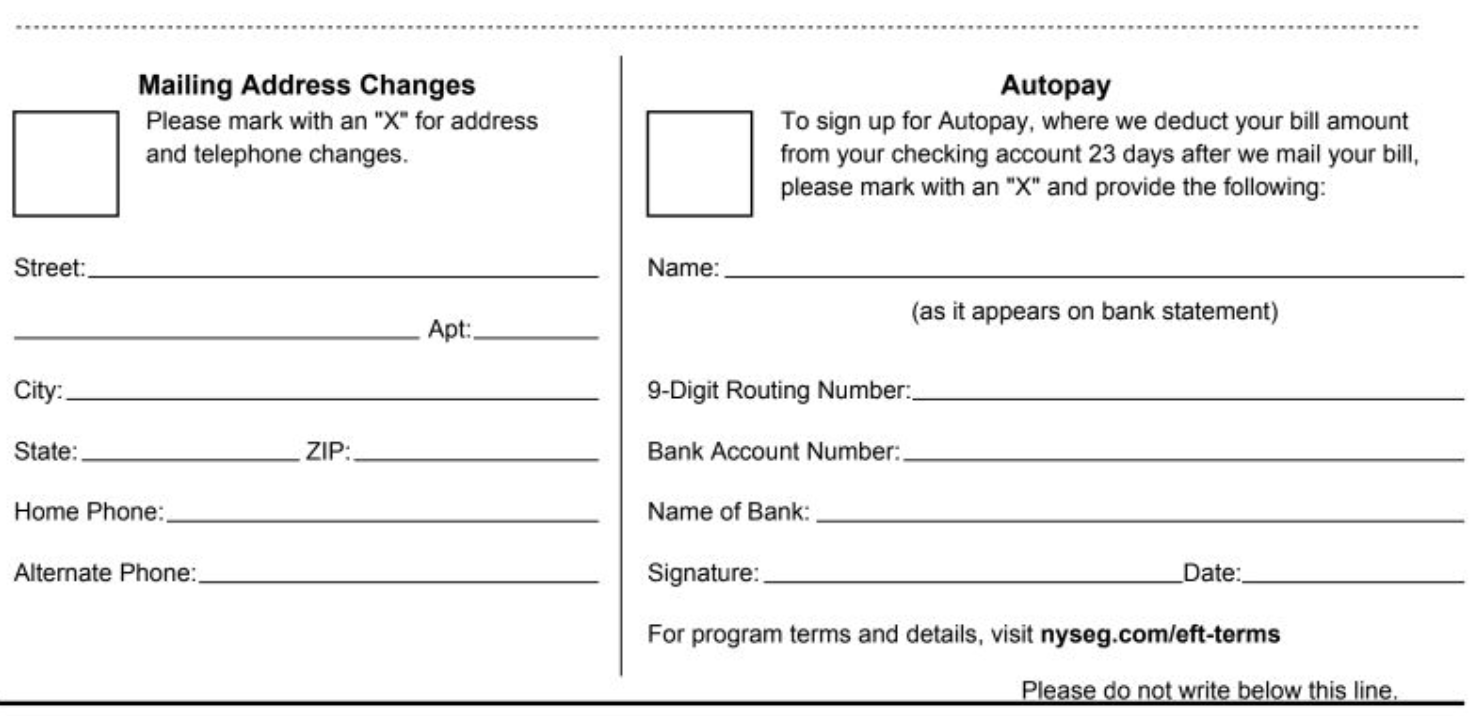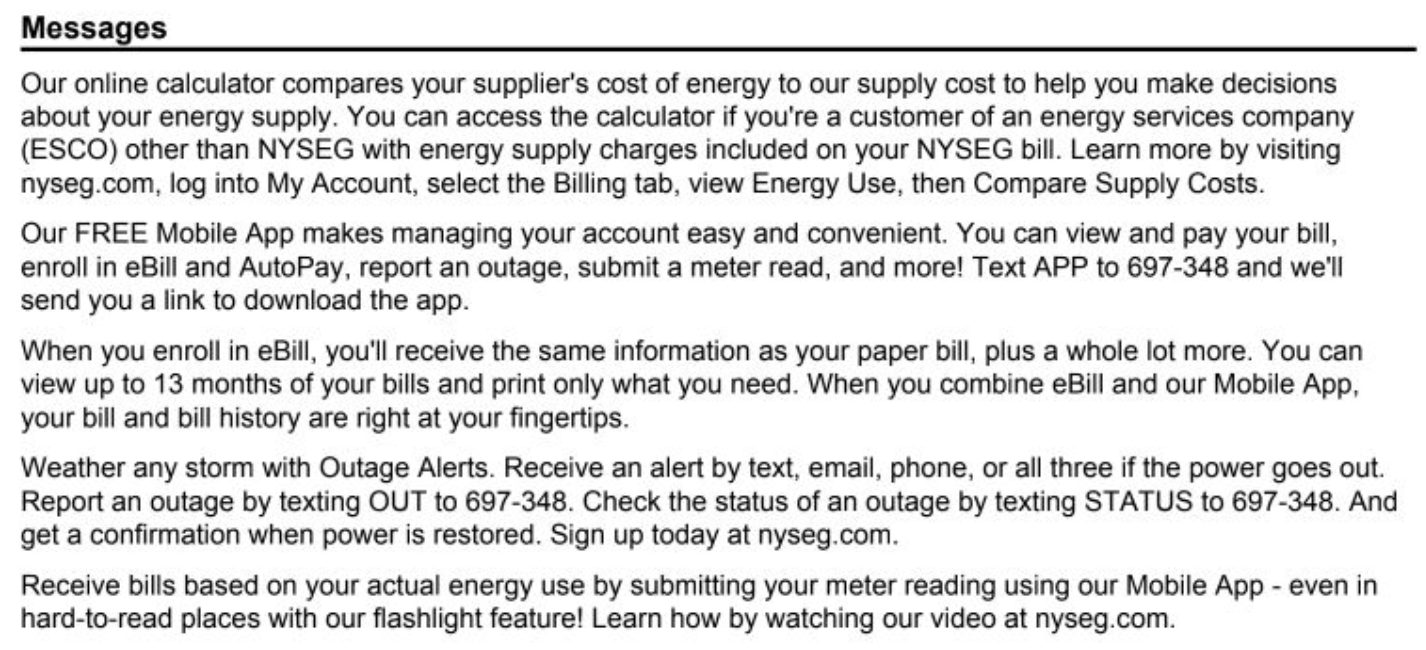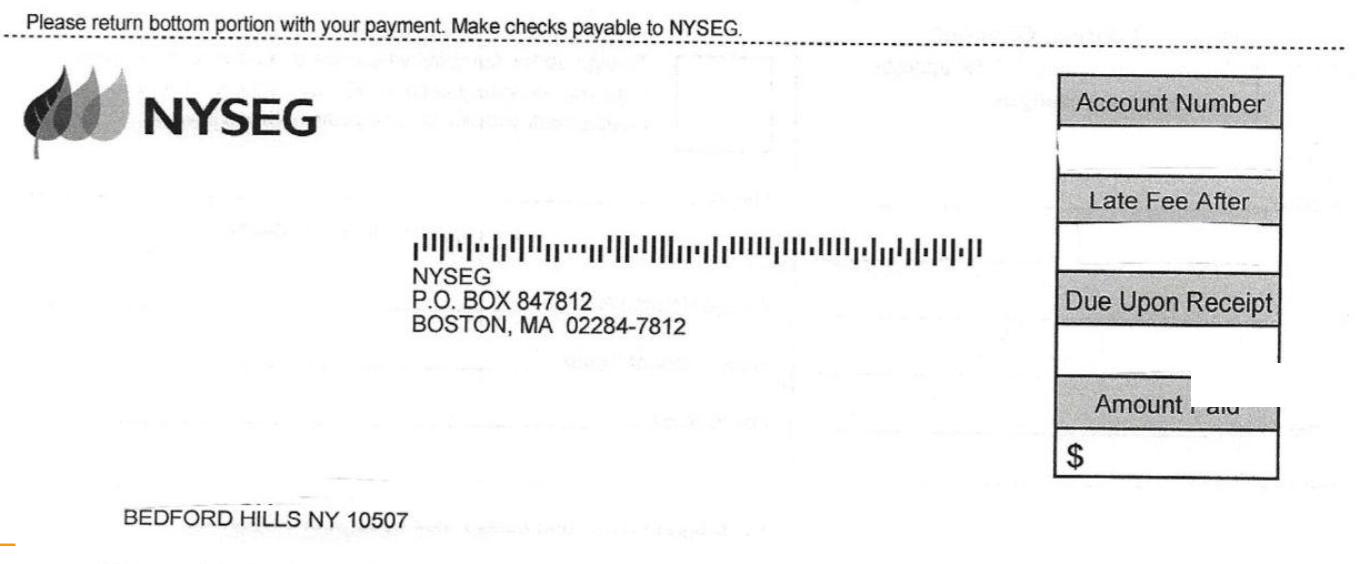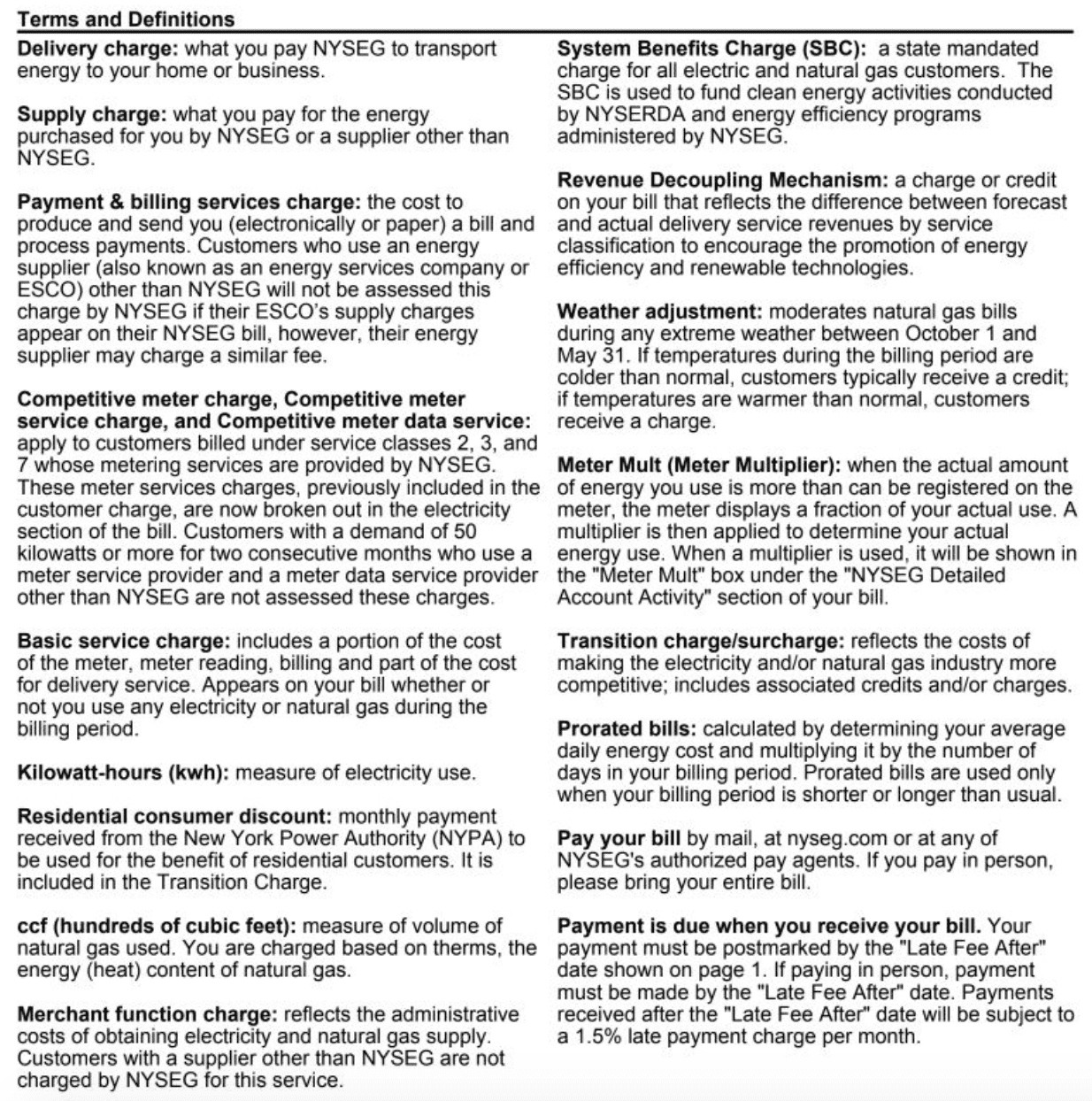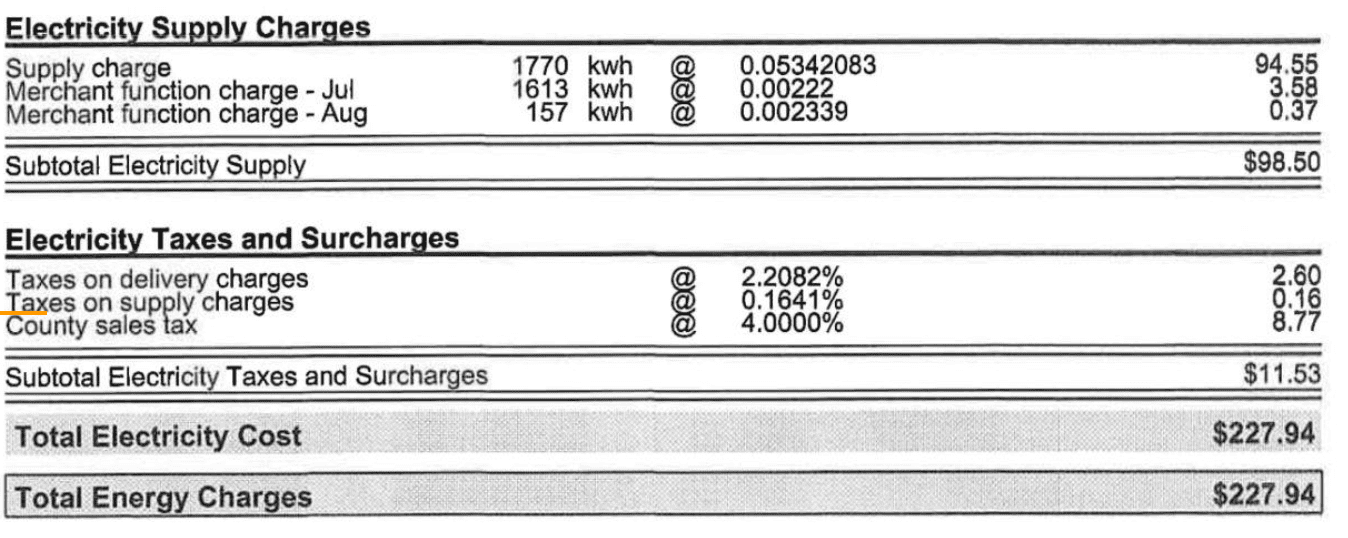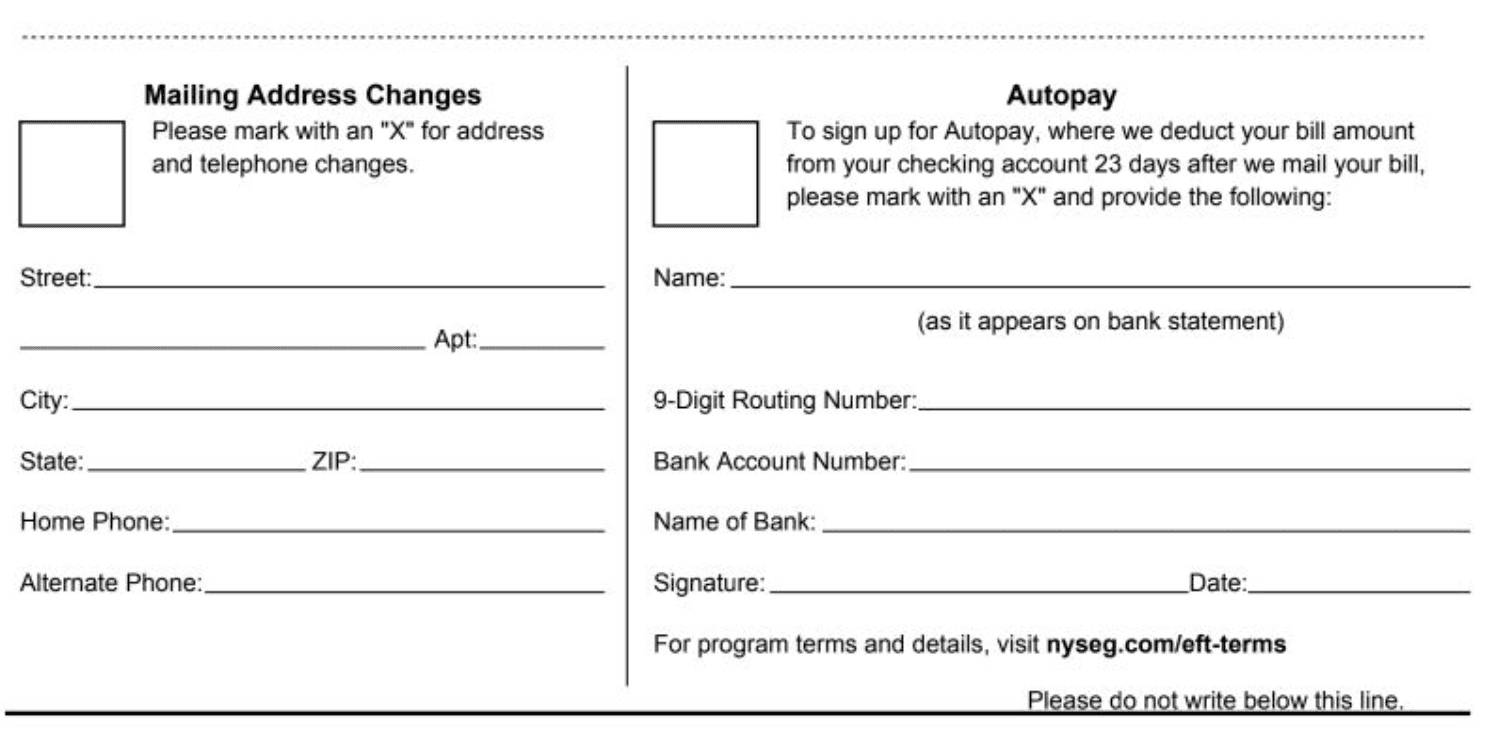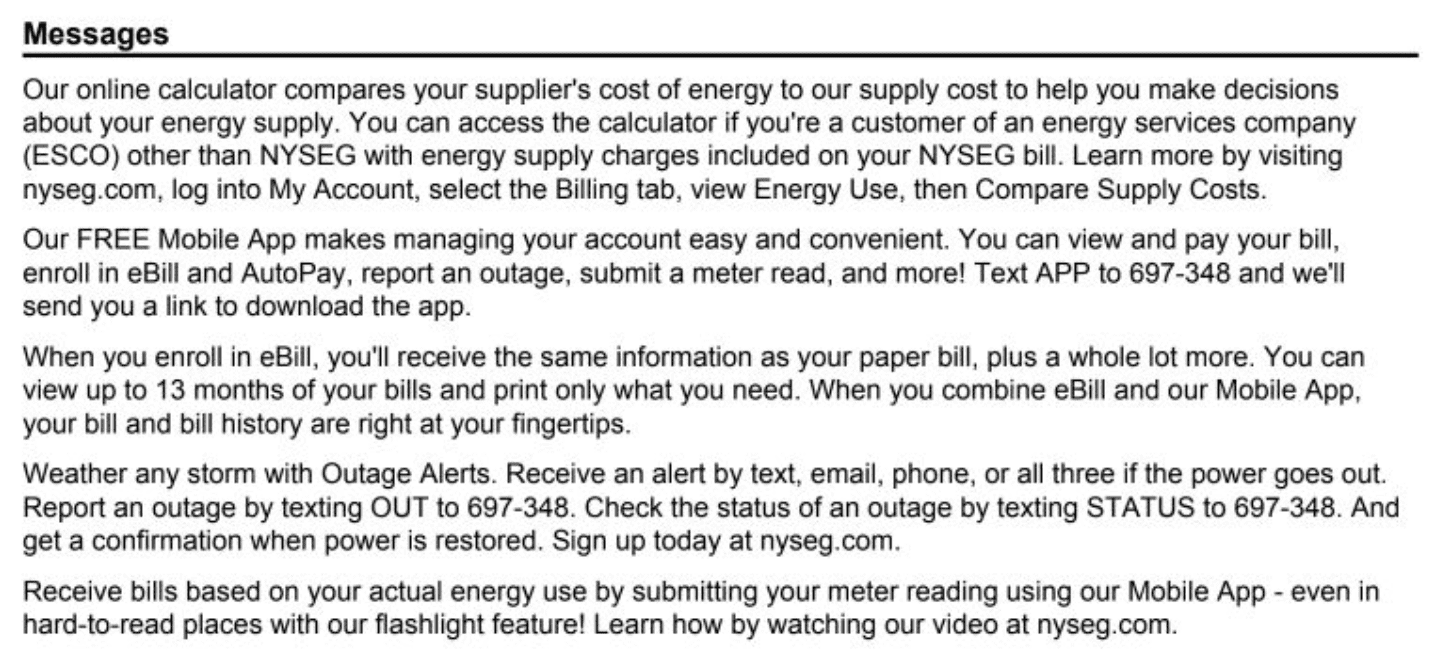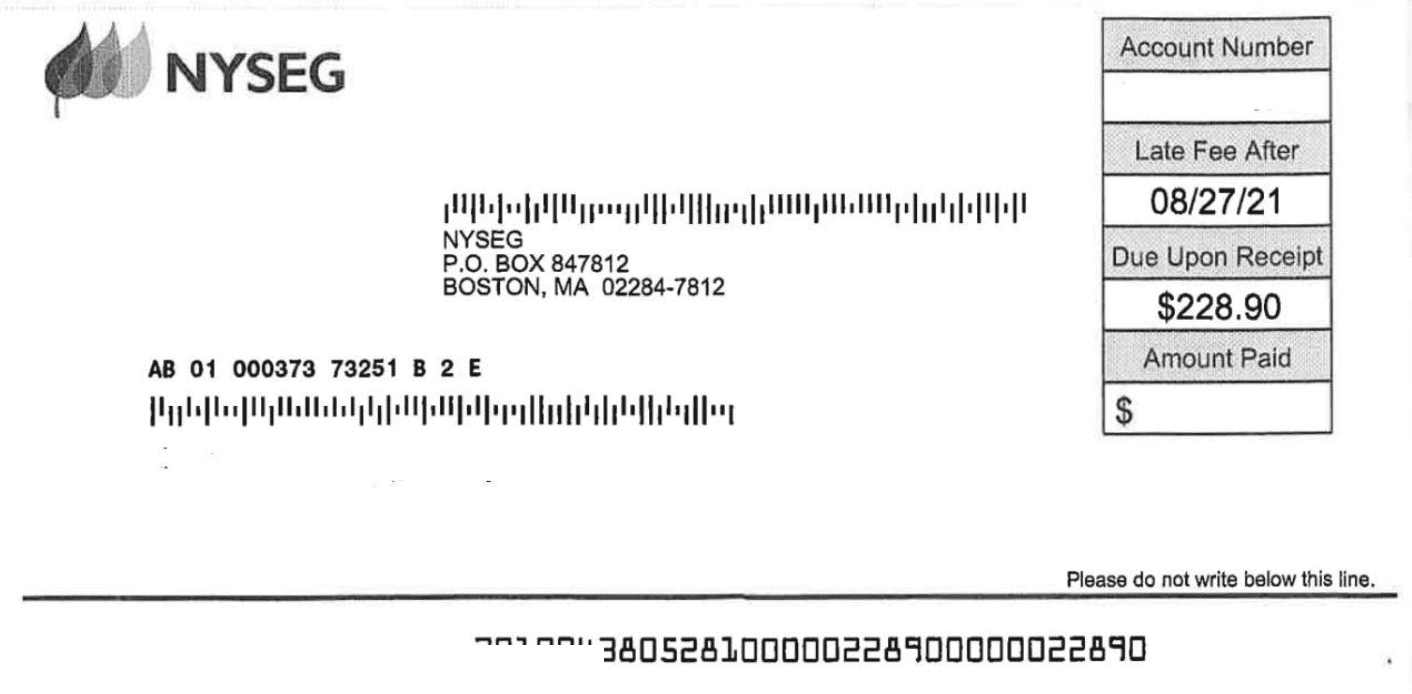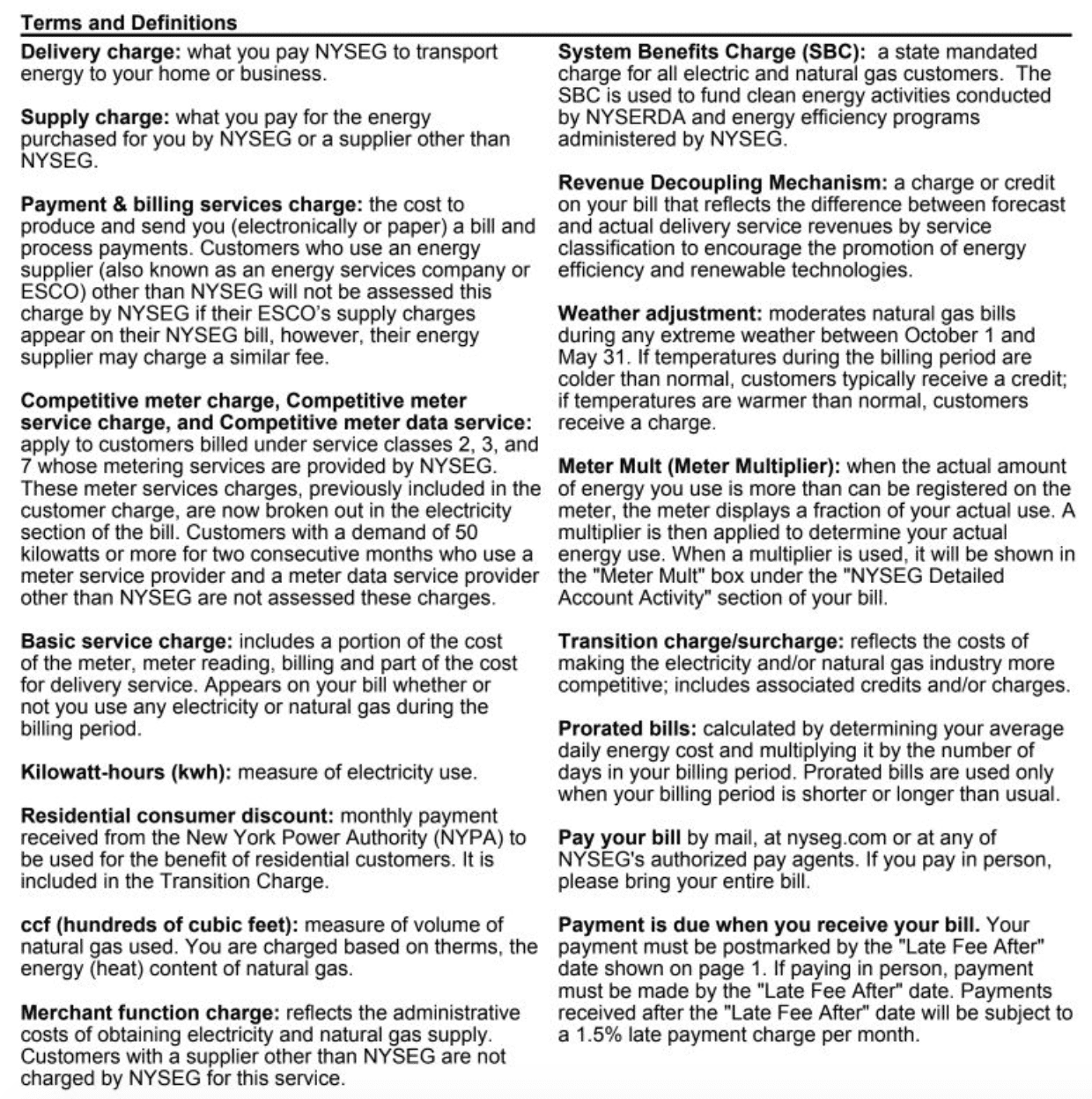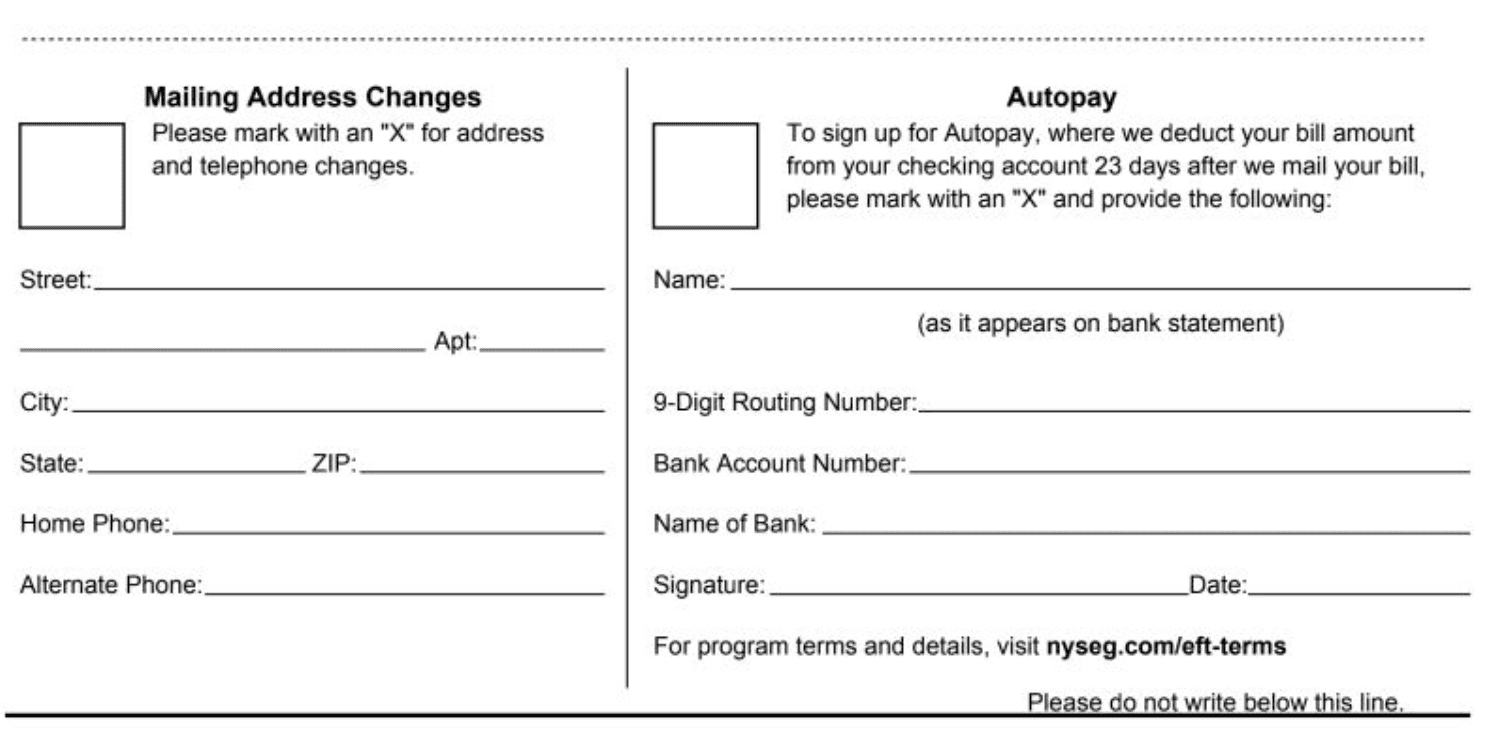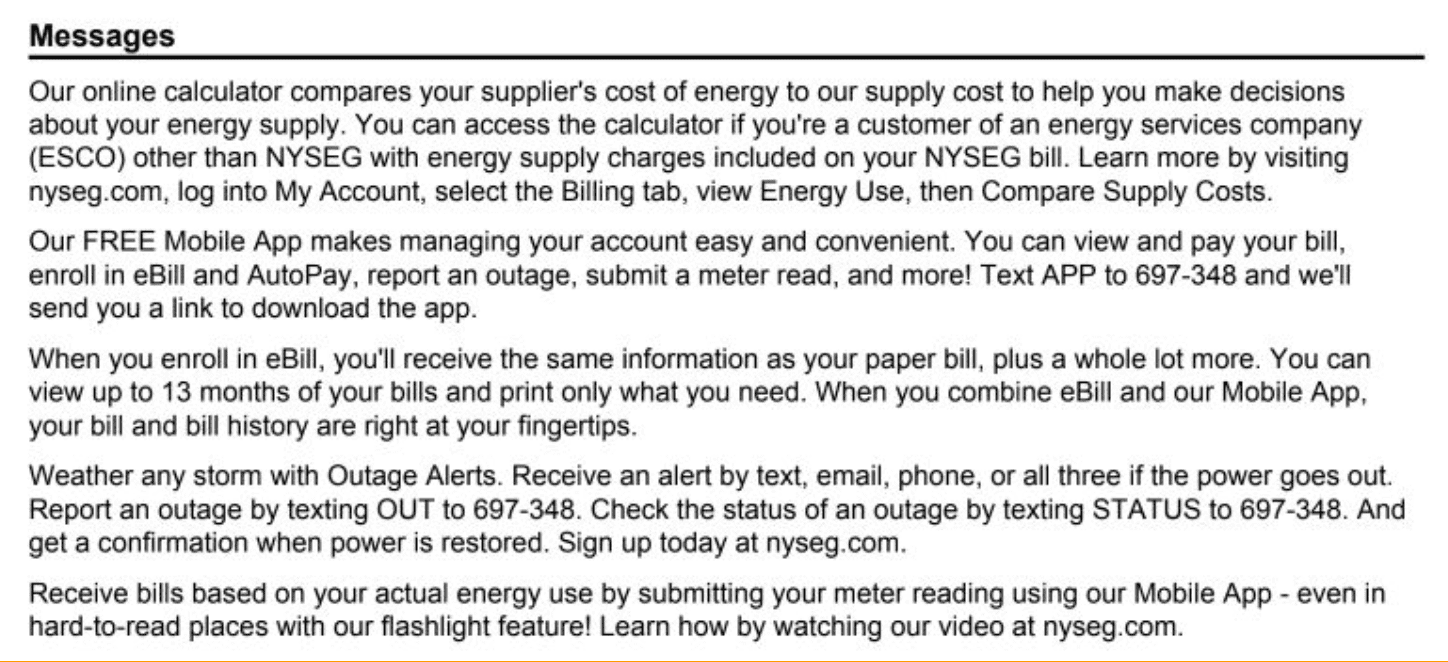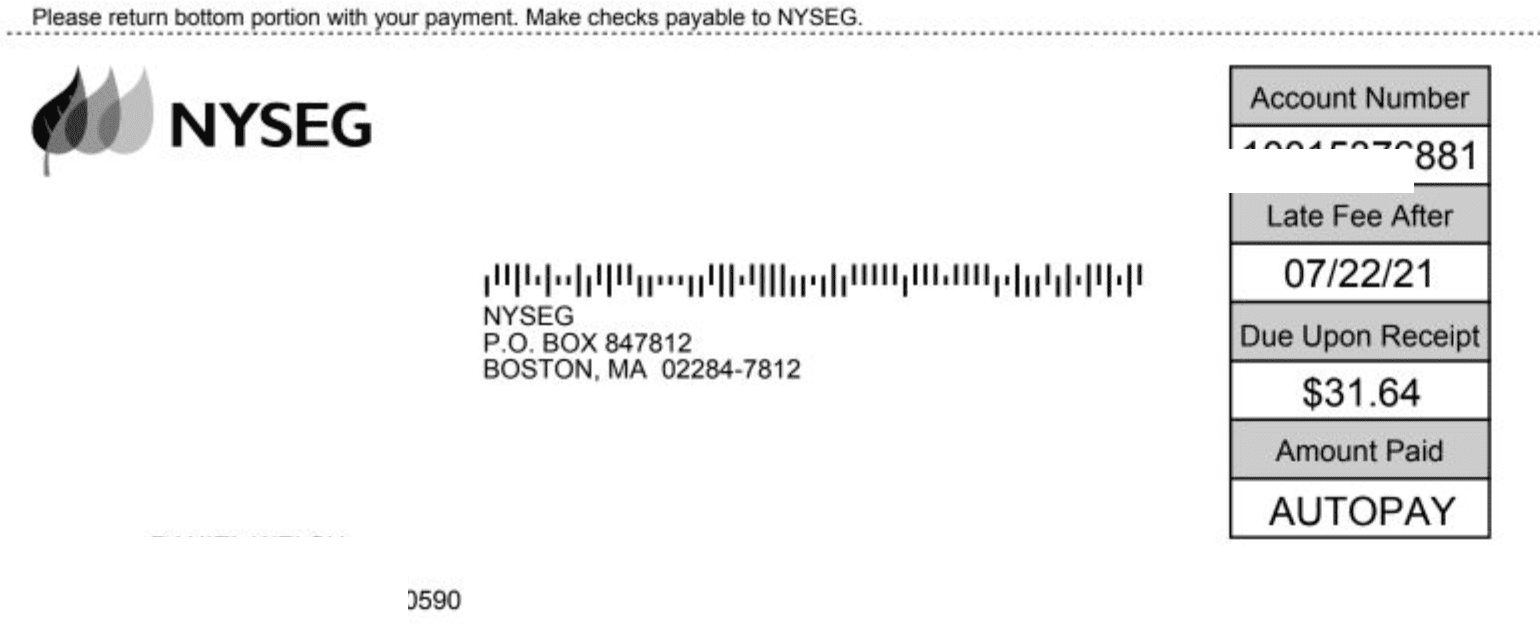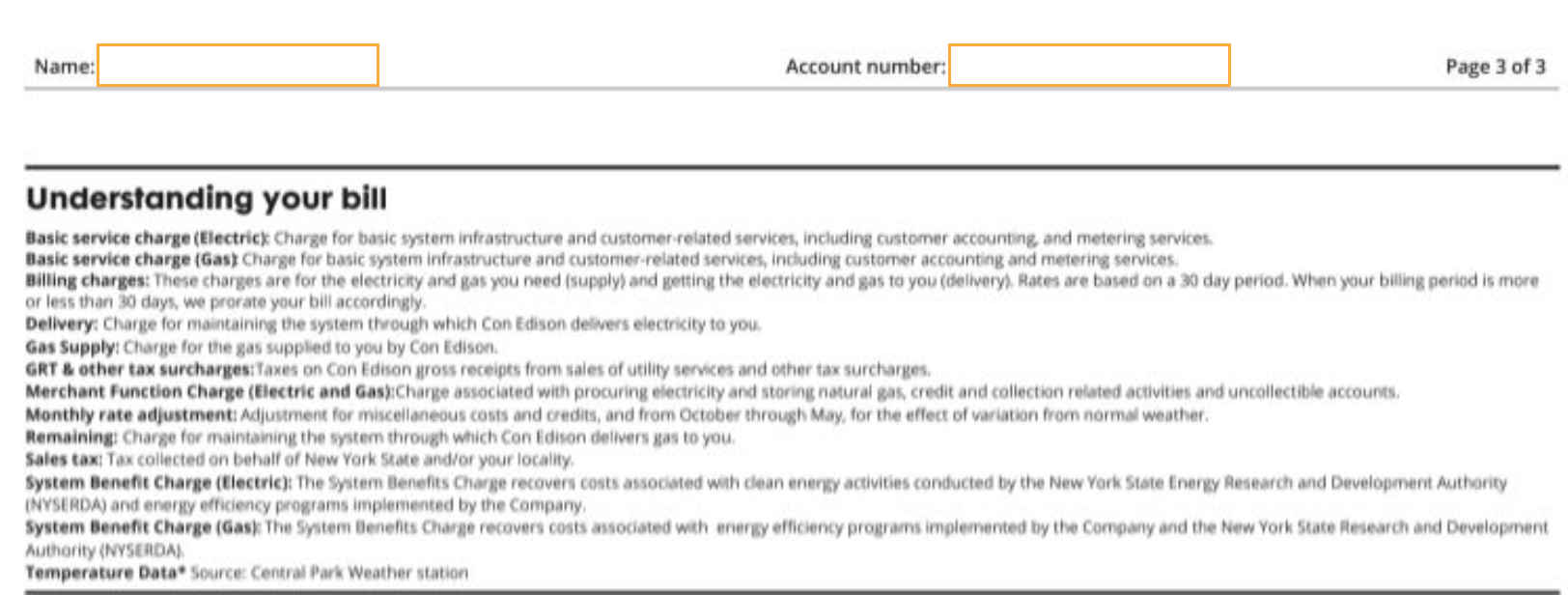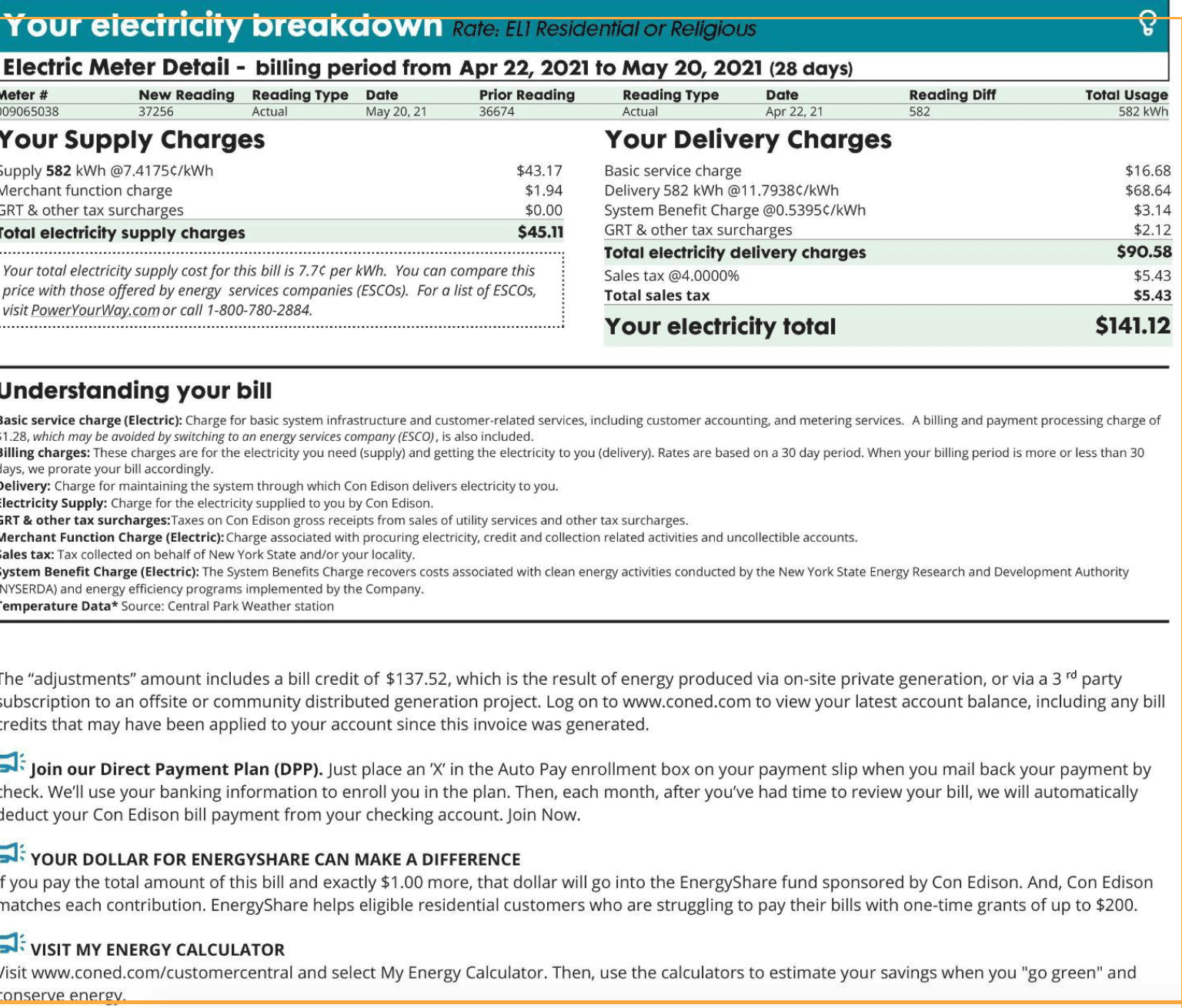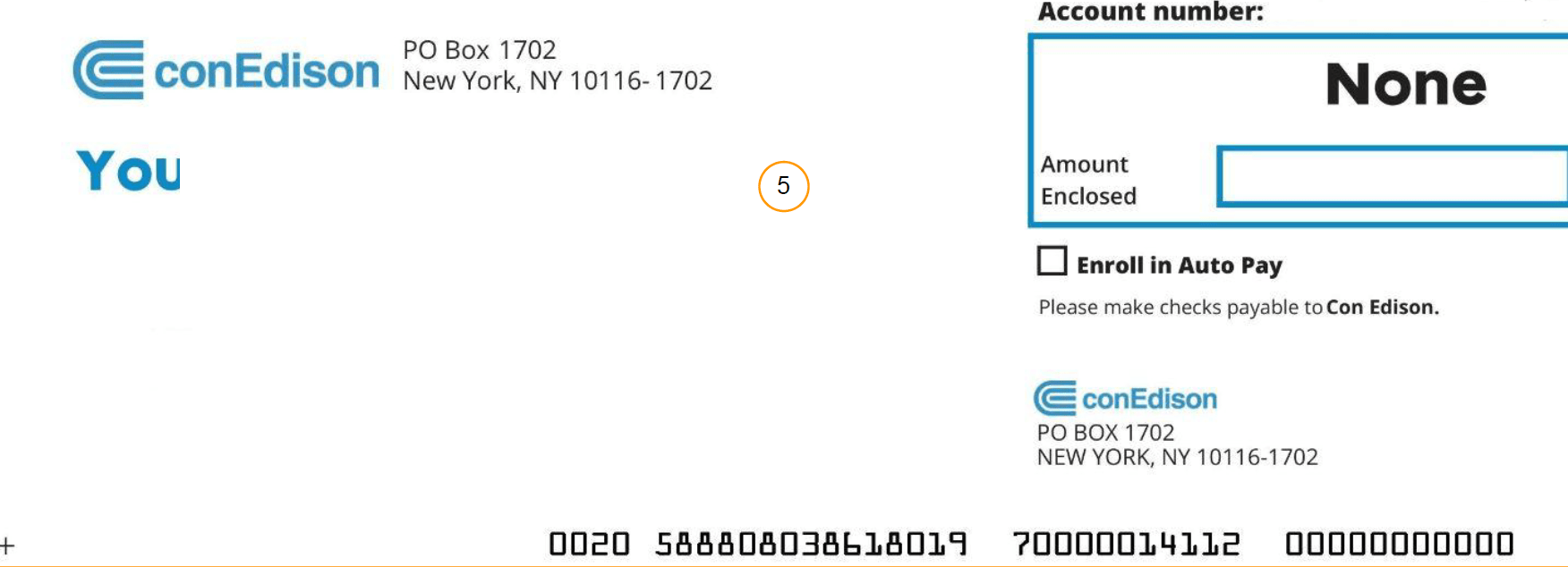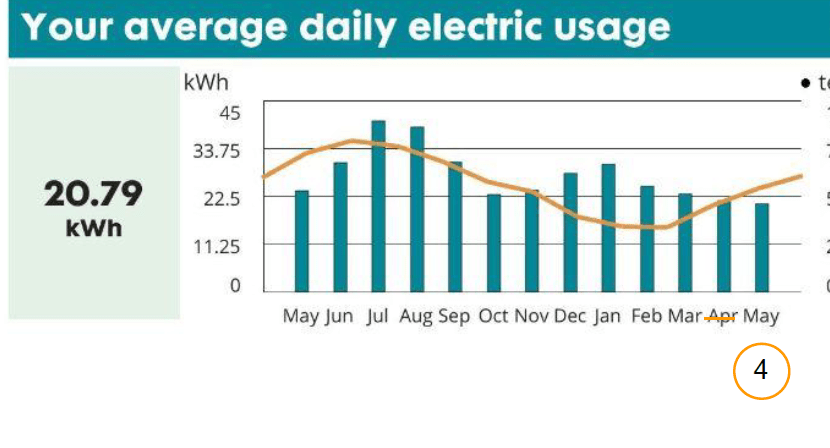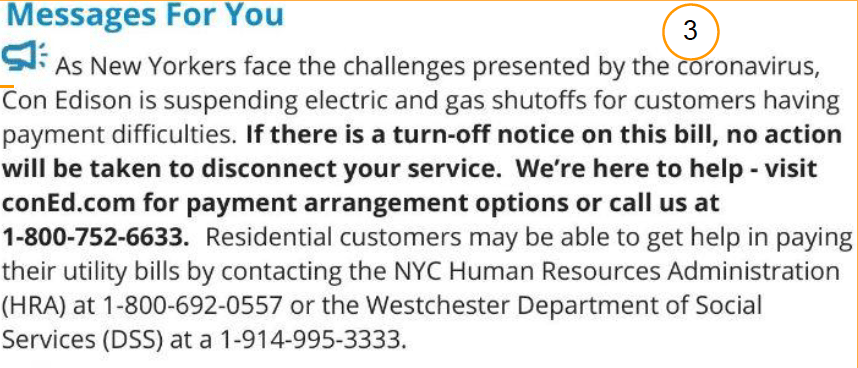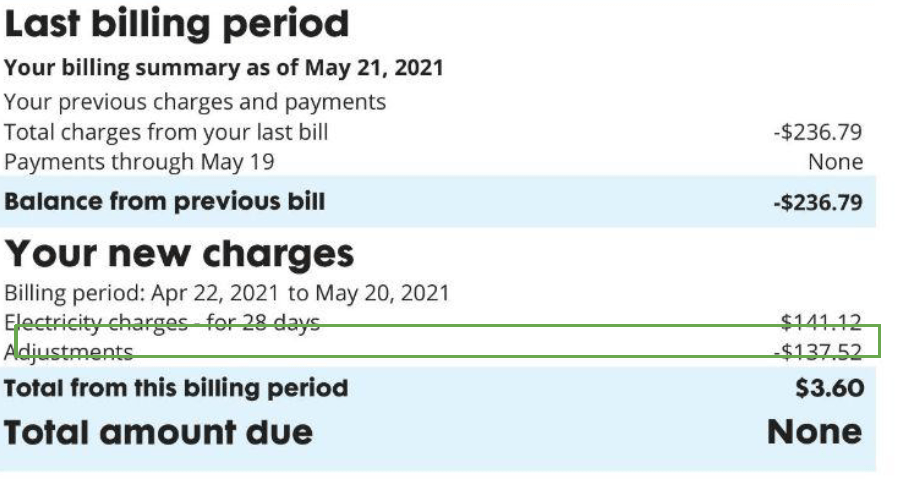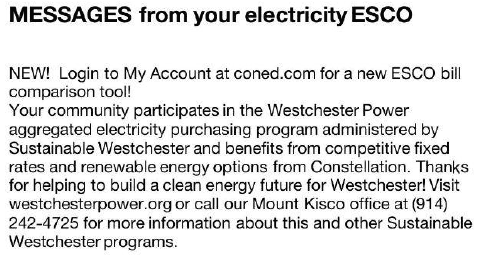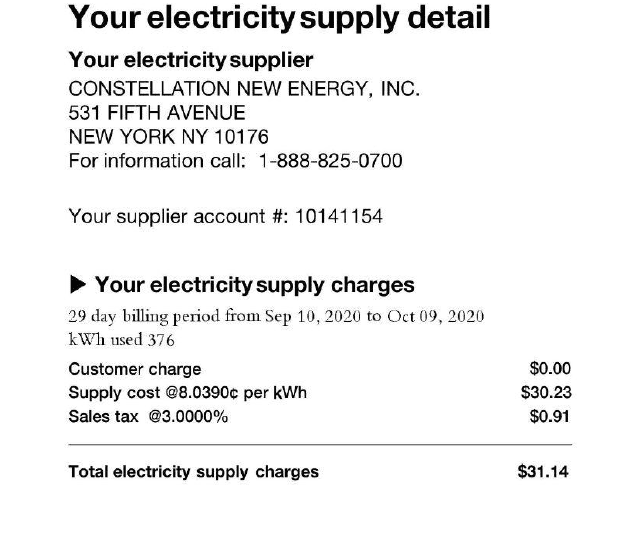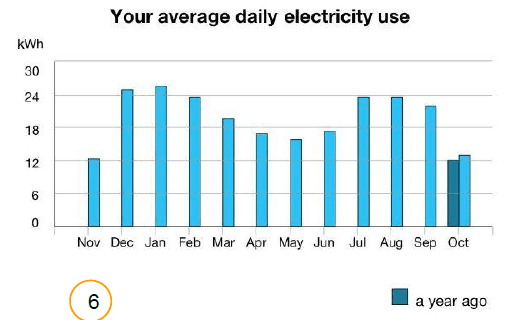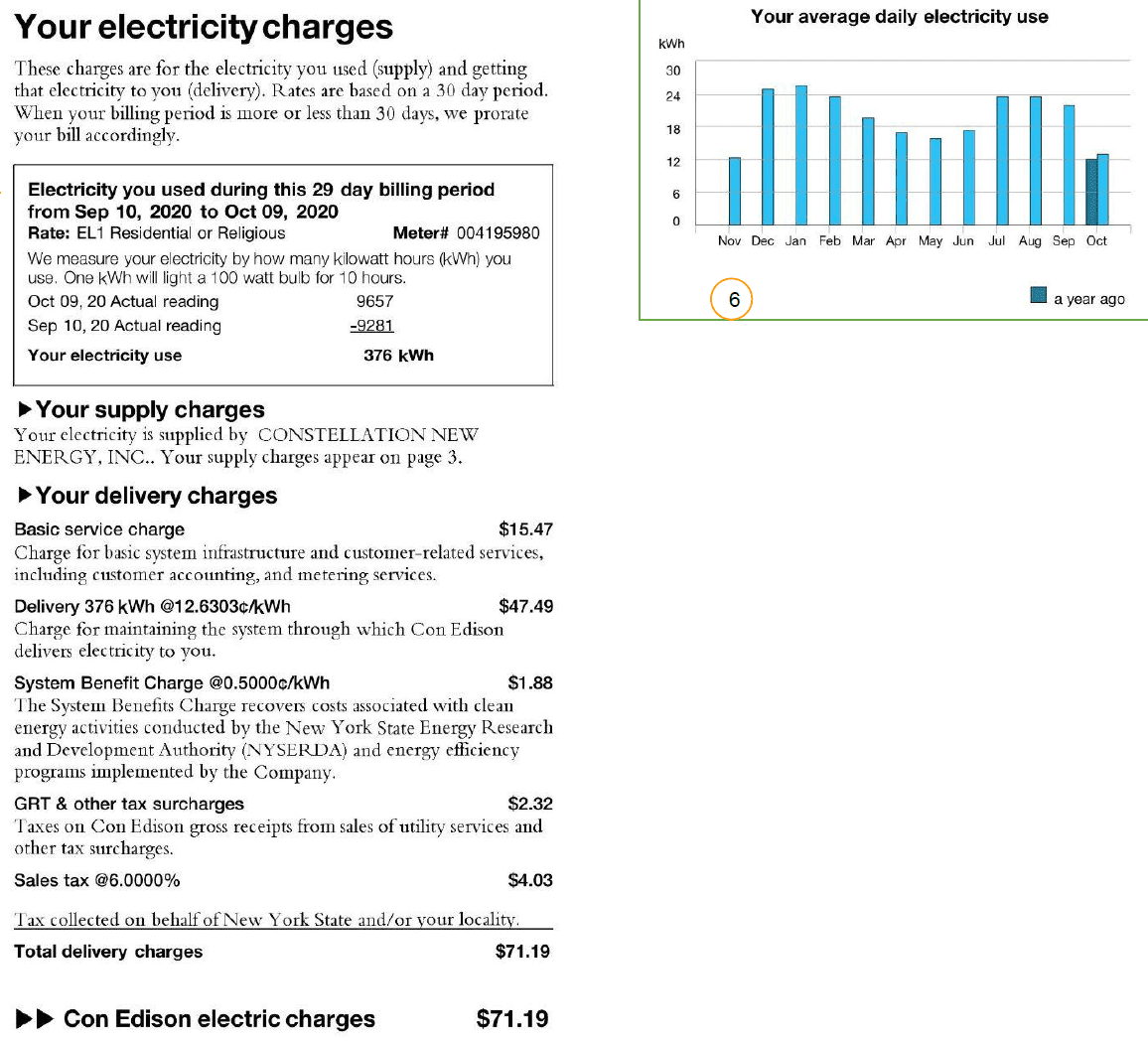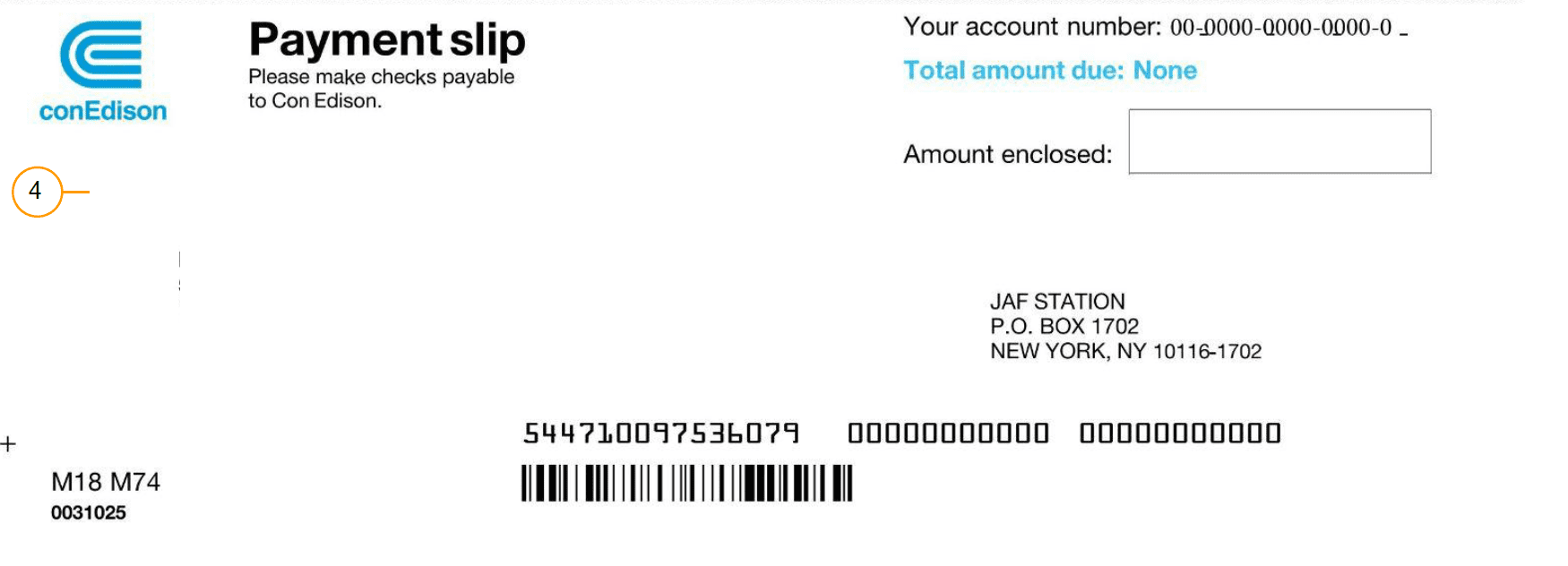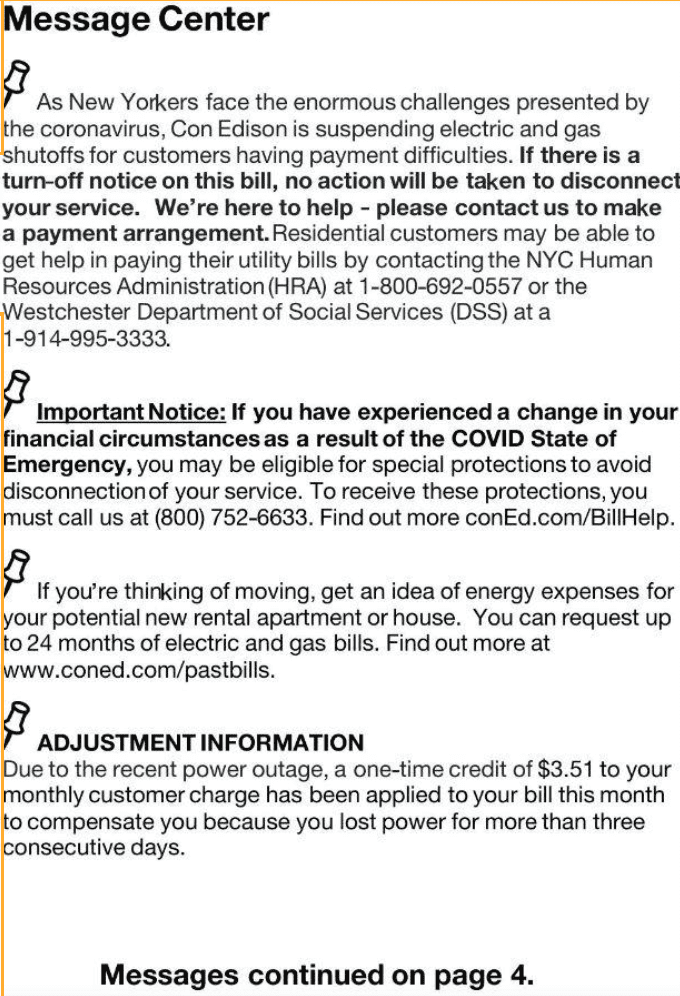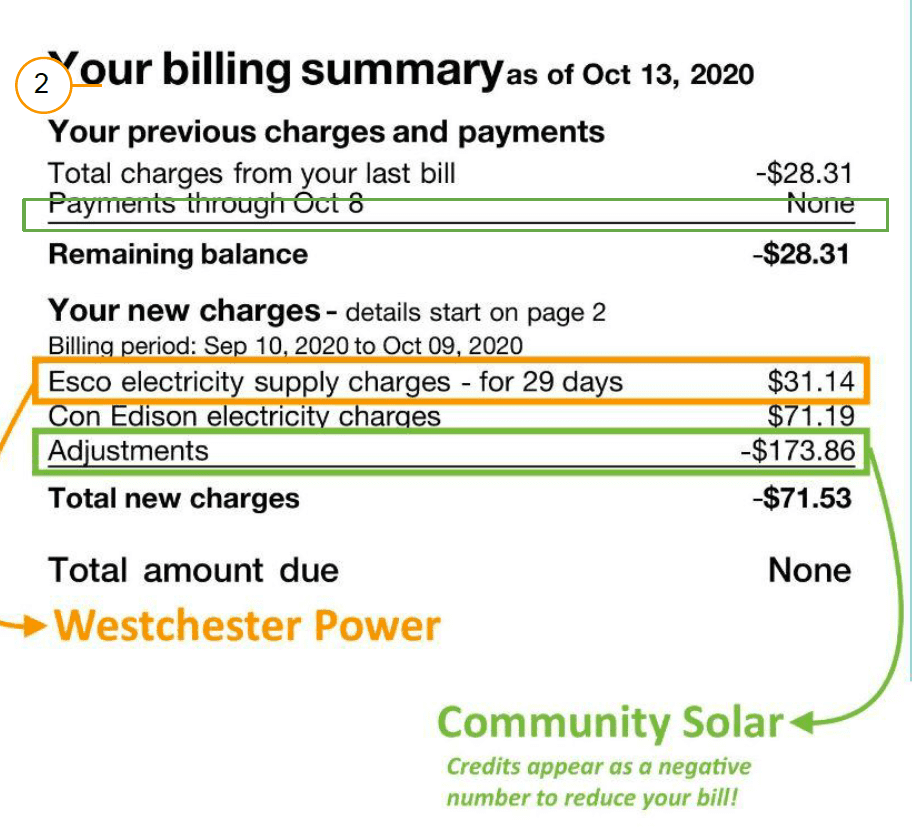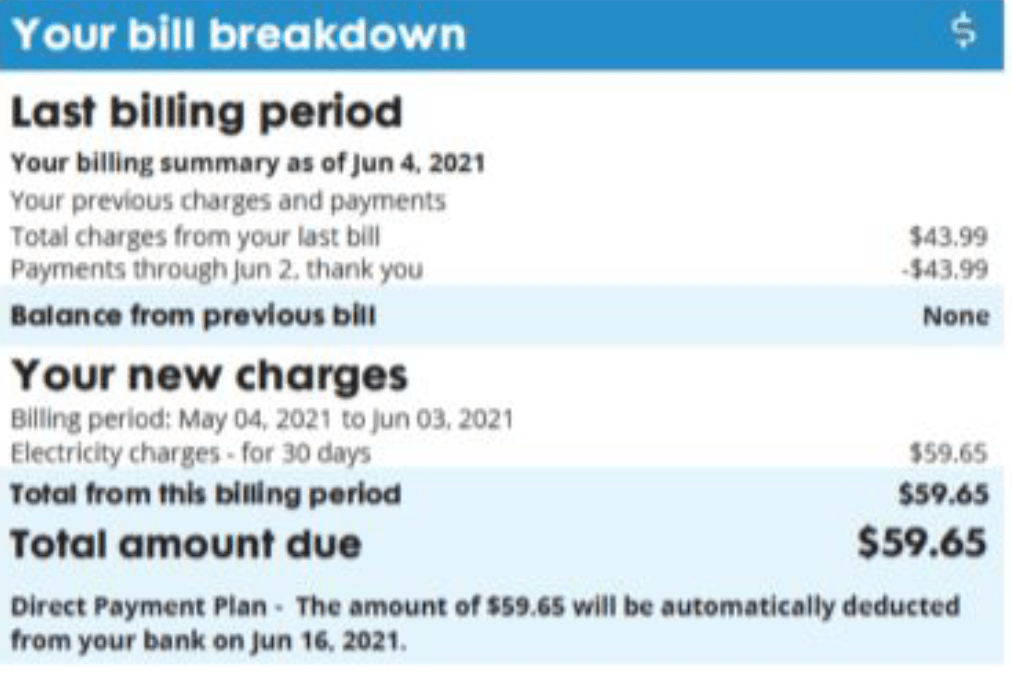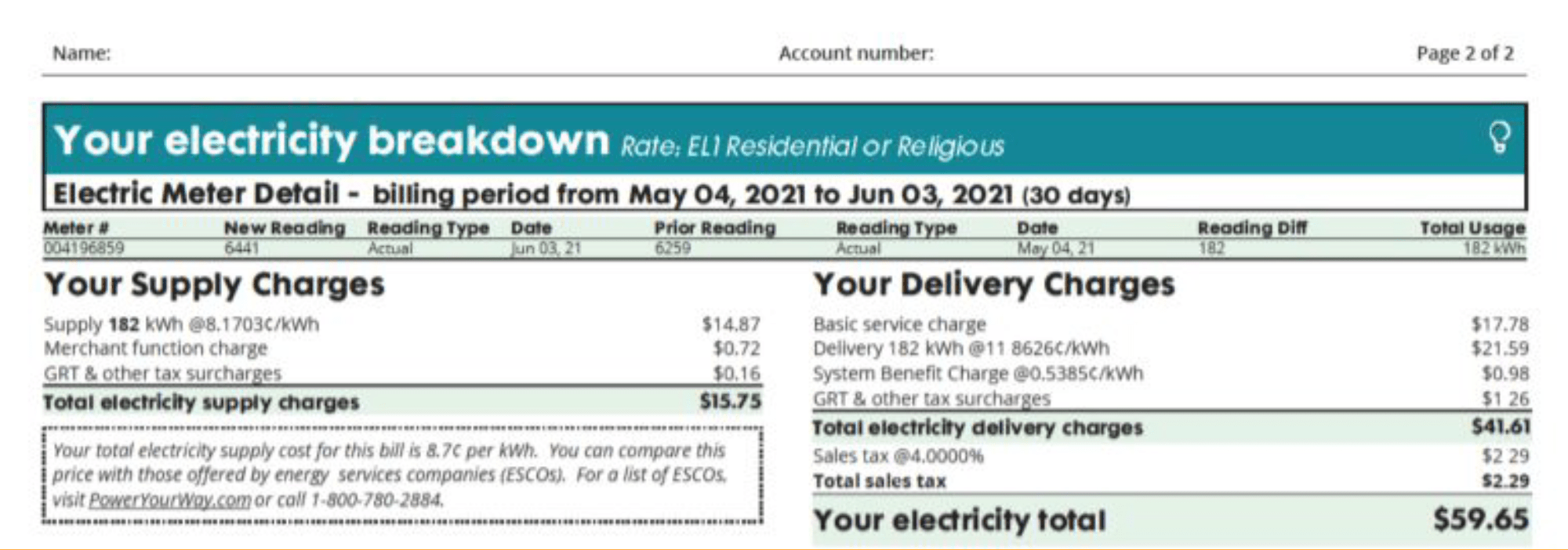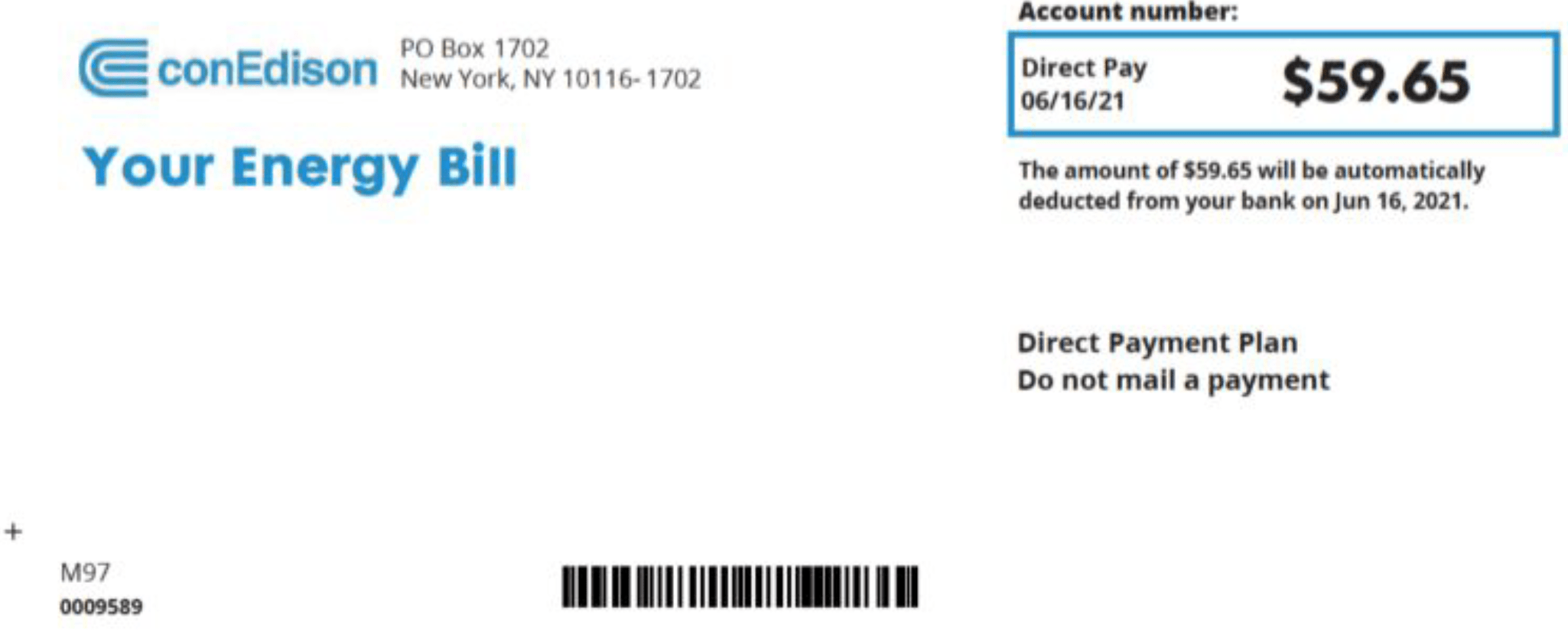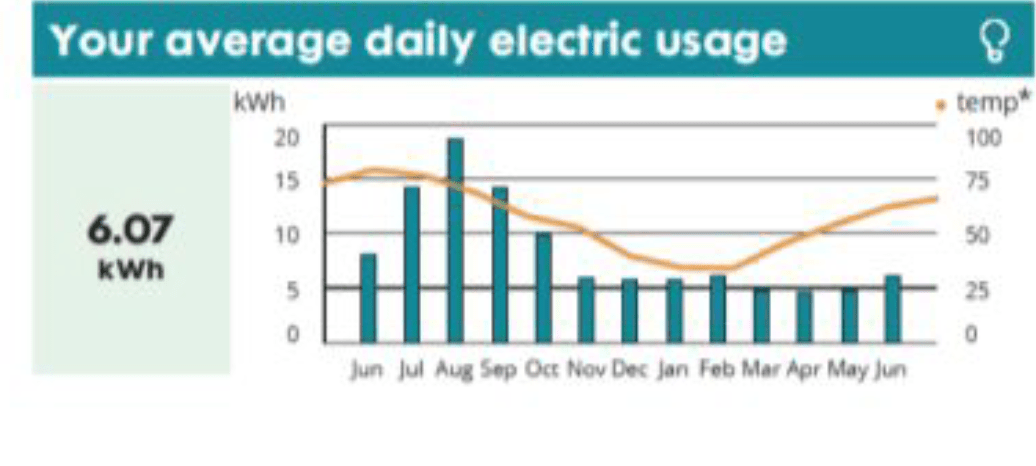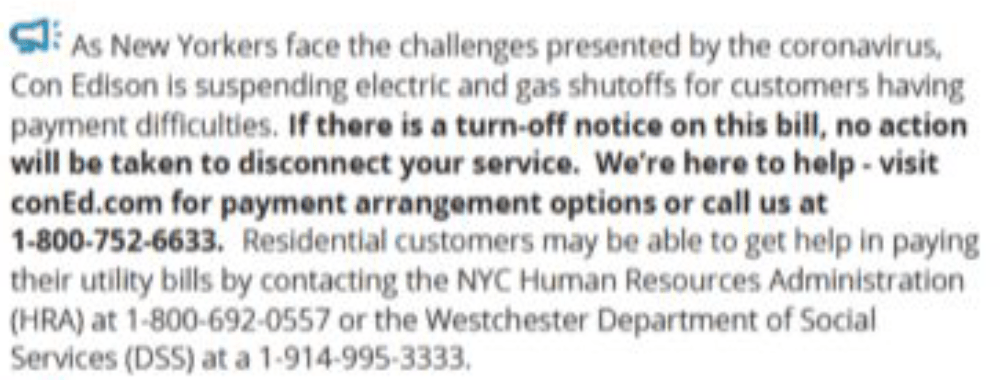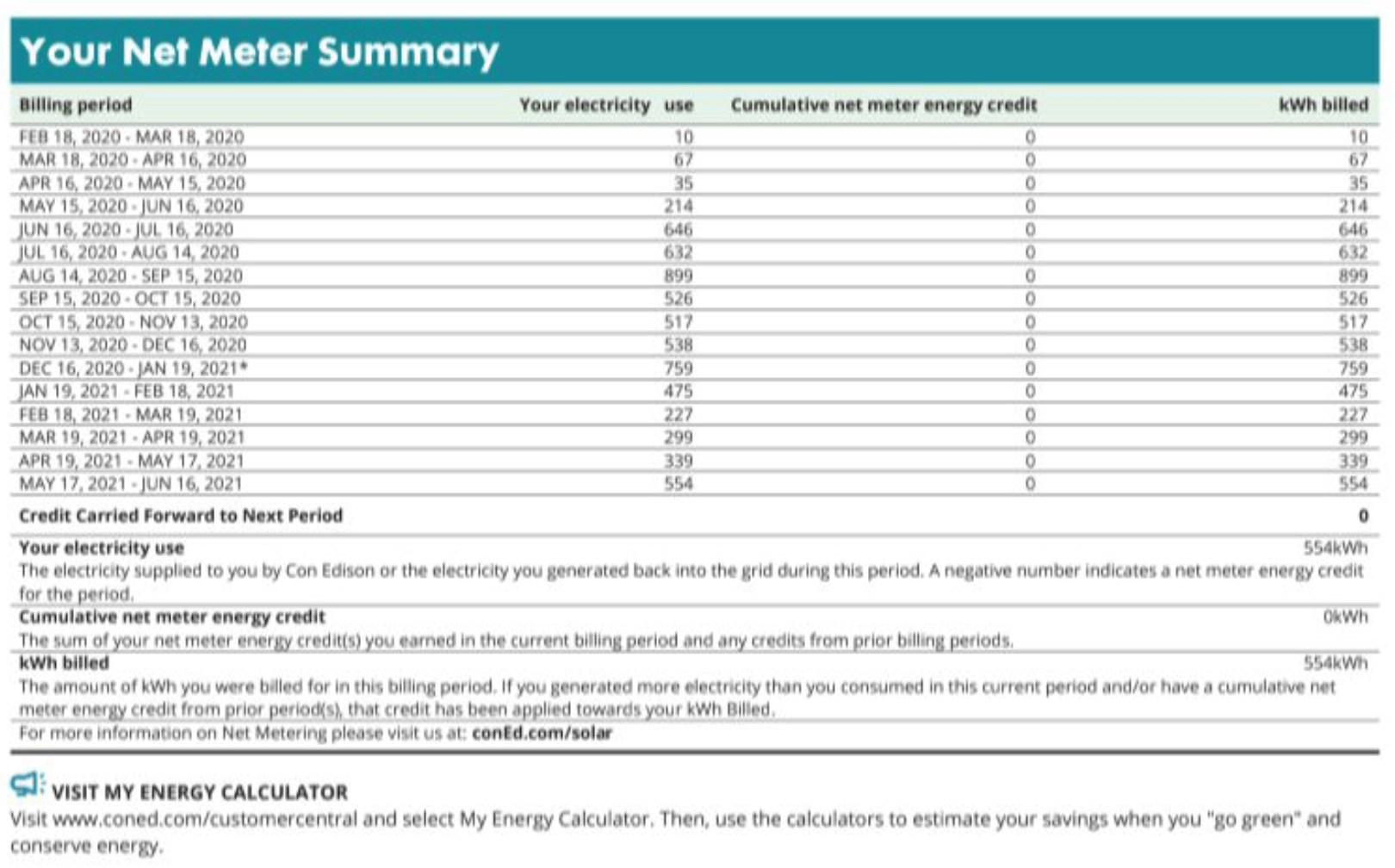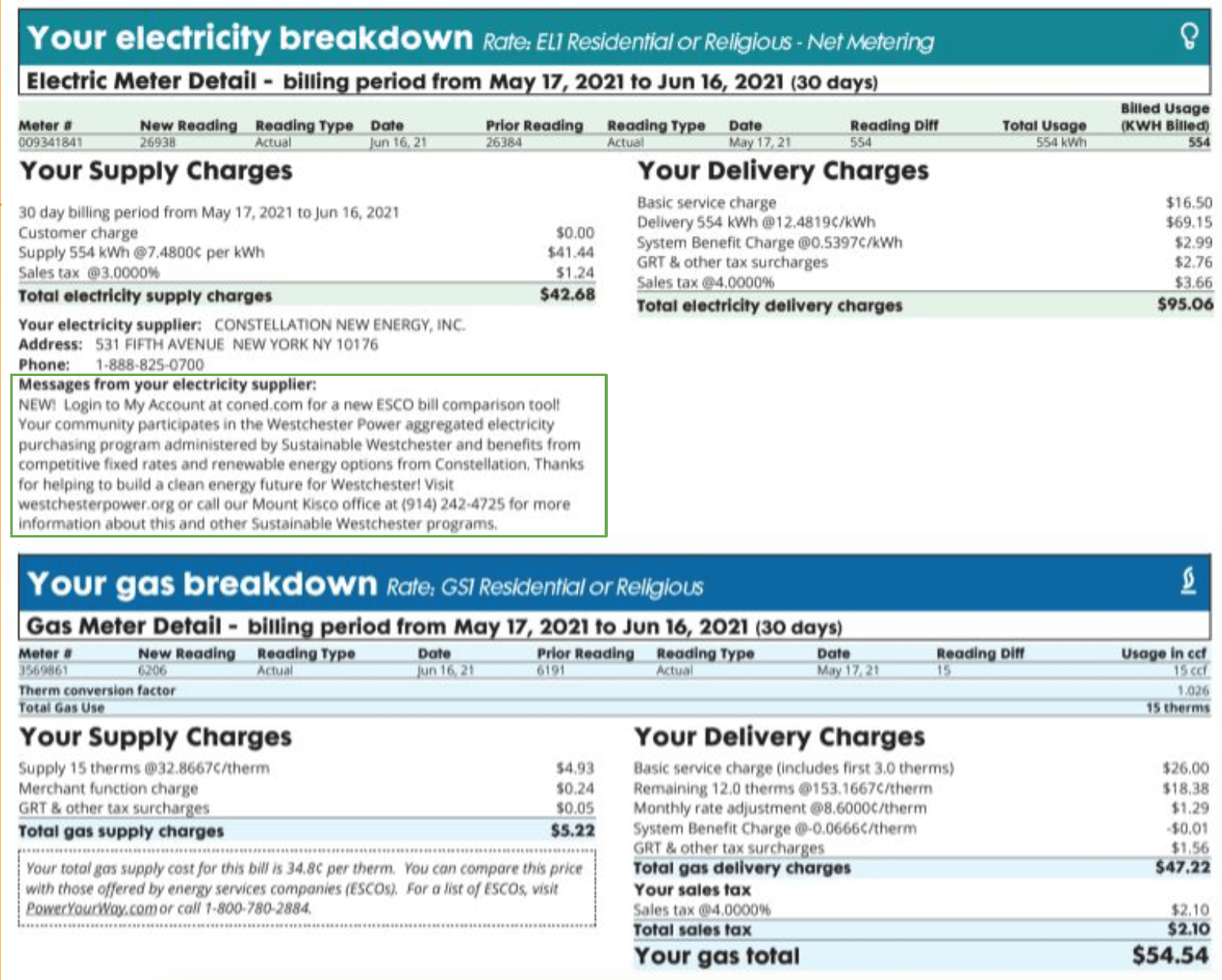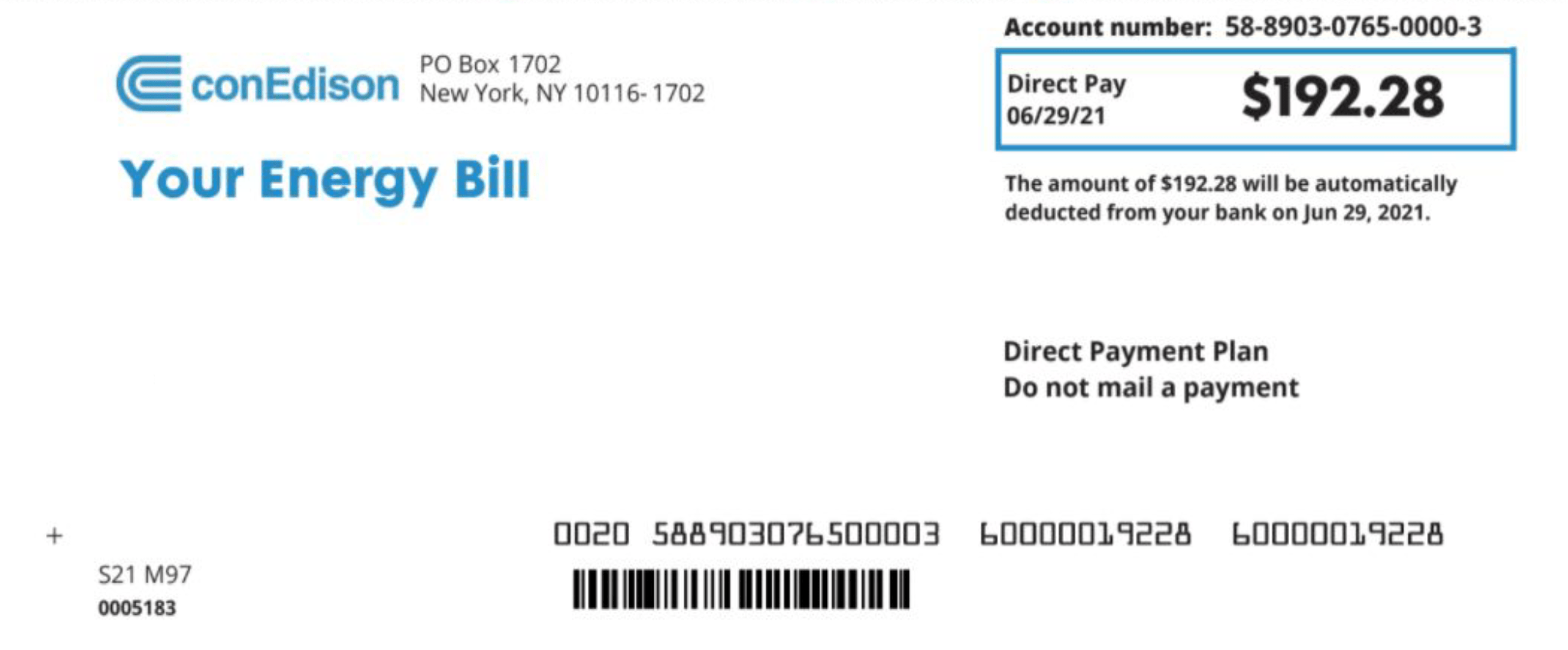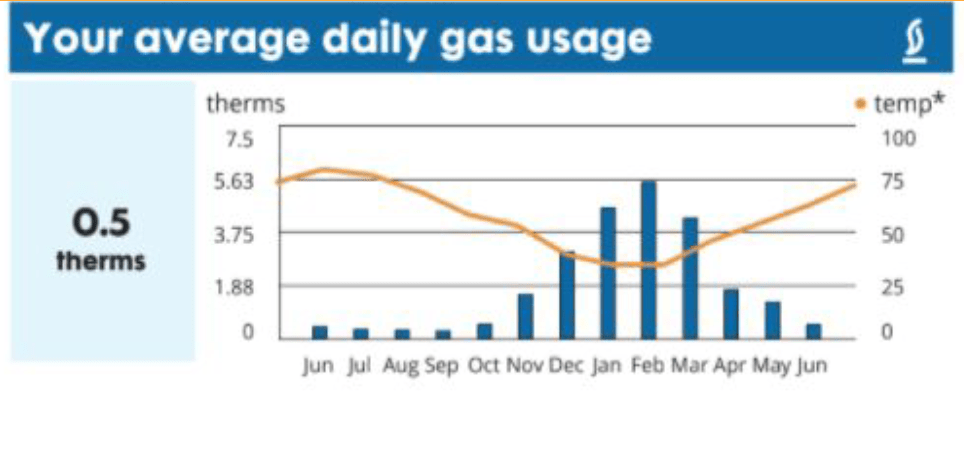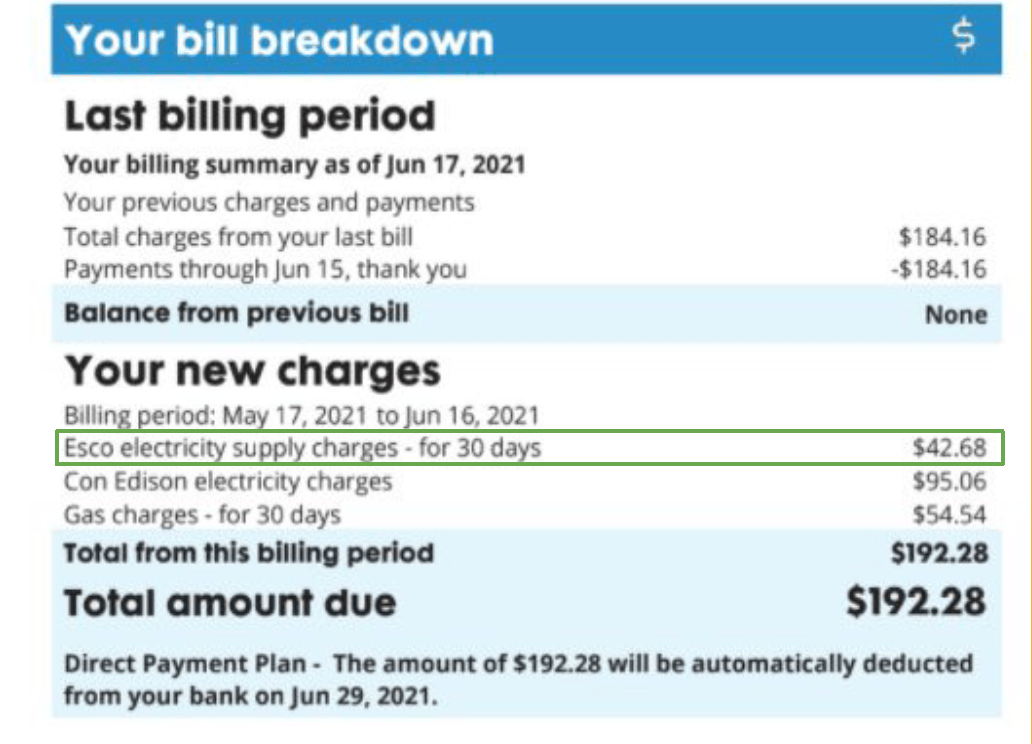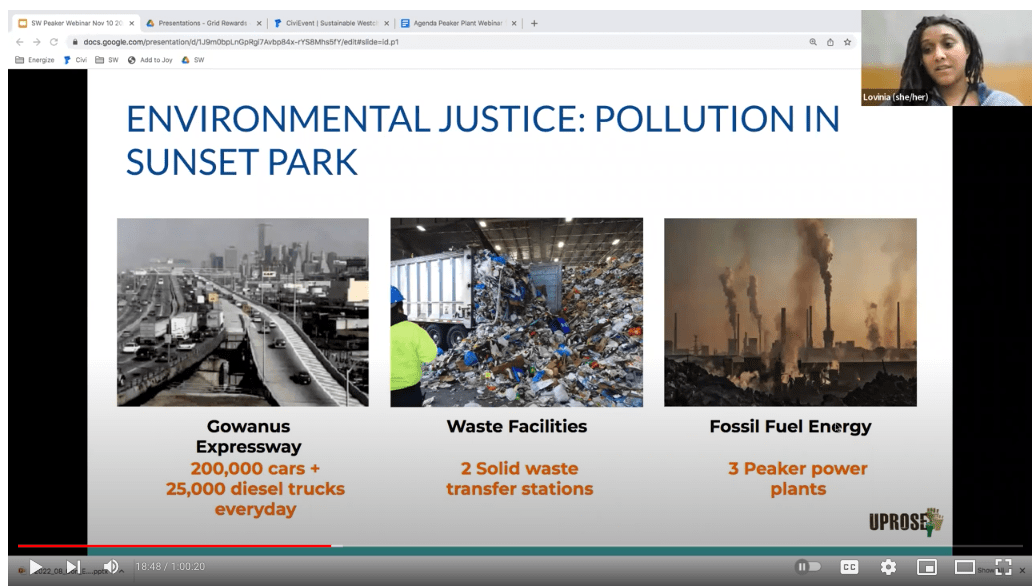
On Thursday, November 10th, Sustainable Westchester hosted a webinar looking at the environmental and social justice impacts of peaker power plants, with guest speakers from the Clean Energy Group (CEG), UPROSE, The Point CDC, and GridRewards by Logical Buildings. Councilwoman Yadira Ramos-Herbert offered opening remarks (District 3, New Rochelle), setting the stage for an insightful discussion on how more mindful energy usage can advance environmental justice.
Peaker power plants – known informally as “peakers” – operate during periods of high energy demand to generate enough electricity to supply the energy grid. Often several decades old and infrequently used, these fossil-fuel powered plants are being seen as an increasingly expensive and inefficient source of energy. Shelley Robbins of the Clean Energy Group (CEG) explained that this is the case in terms of not only the excessive emissions produced, the cost of operation, but also their infrequent time of use – with the average US plant being on less than 5% of the time in a given year.
Speakers also discussed how the close proximity of these peakers to low income populations and communities of color has been a major environmental justice concern – particularly in New York City, which has one of the highest concentrations of peakers nationwide. Victor Davila from The Point CDC noted that exposure to pollutants like nitrous oxide (NOX) – which contributes to the build up of particulate matter (PM2.5) – can weaken cognitive development and increase the rate of cardiovascular disease, both of which are seen in peaker-populated communities. Victor noted that young people in particular “are being given an immediate handicap by being forced to grow up in these conditions.” To capture this, Shelley Robbins took us through the CEG’s Peaker Power Plant Mapping Tool – which offers emissions, operating, and demographic data on peaker plants nationwide. Such a tool offers accessible, empirical evidence of the disproportionate impacts of peaker power plants on marginalized communities.
In breaking down how to address peaker plants, speakers highlighted how past successful movements can offer insightful solutions. Lovinia Reynolds from UPROSE took us through a case study in Sunset Park, where the organization successfully halted repowering plans for one of these peakers – instead replacing it with a battery storage system. Lovinia discussed several other projects currently underway to advance climate resiliency in Sunset Park – including community solar, offshore wind projects, and more.
During the webinar, Westchester residents also learned about how to take action by becoming more mindful energy users. As Lauren Brois, Director of EnergySmart Homes, pointed out, our electricity usage during high-demand times directly contributes to the environmental and social justice impacts associated with peakers. These impacts can be minimized by using GridRewards, an app that offers personalized energy insights to help reduce utility costs and energy waste. Sylvie Binder, Smart Buildings Account Executive at Logical Buildings, explained that reducing our electricity consumption during peak times is the lowest-cost way to manage energy demand – and offers a benefit to participants, as they can be paid for their energy savings.
The webinar saw active engagement from participants and presenters alike about how these discussions connect to current political and economic trends. Funds distributed as part of the newly-passed New York Environmental Bond Act and the mobilization of the Inflation Reduction Act will create clear incentives for the market to invest in renewable energy, thereby reducing our dependence on aging fossil fuel infrastructure like peaker plants. As a result of all the innovation we’re seeing in the world of clean energy and electrification, speakers pointed out that these are actions we can take right now – and indeed being deployed as we speak. Lovinia Reynolds noted that “nothing we do is aspirational, everything is operational…All of this is happening now. If it moves slowly, it’s because it’s never been done before.”
Watch the full webinar at the link here: https://bit.ly/SWPeakerPlantWebinar
Sustainable Westchester is a nonprofit organization headquartered in Mount Kisco. To learn more about GridRewards visit SustainableWestchester.org or call 914-242-4725.

